September 17. PRESERVE WILD LIFE. (From BECOMING ECO-FRIENDLY FAMILIES)
I remember being amused by a car bumper sticker I saw ages ago that read, “preserve wild life, pickle a squirrel.” Today, with a much more finely honed environmental conscience I don’t find that funny. We have done too much harm to wild life, destroying their habitats and migration routes, poaching and trafficking in rhino horns and pangolins. However, while that is going on nature conservation is a growing industry, enjoyed widely by tourists – families of course too. It is very much also to study and be able to protect species that are at partial or total risk of extinction. Many thousands of plant and animal species do become extinct each year.
Few things can beat a couple of days in a game park where many of us chase around looking for the big five – lion, leopard, elephant, rhino, buffalo. There are other, more educated and sophisticated visitors, who study birds, trees and all types of vegetation, insects and the myriad other elements that are needed to make up a successful eco-system.
And then there are the vast majority of people who haven’t experienced those luxuries, but still have a vast knowledge and love of wild life. Then don’t forget those who know little and care less. Who really cares that many species e.g. springbok whose vast herds of thousands of animals have been hunted almost to extinction in the last few hundred or so years in parts of South Africa? Encouraging is that writers and interest groups who are newly conscientized to this evil, through rewilding programmes are beginning to re-introduce game and endangered species back into their natural surroundings. Modern medicine as a product of modern technological development has made tremendous progress in saving lives and promoting wellbeing for all areas of creation, human and other. These can also be described as miraculous in a sense. They are the more positive aspects of science that nevertheless need to be monitored and evaluated in terms of the common good.
Reflect, share, act. Scripture: A man who had died was being carried out, the only son of his mother and she was a widow. When the Lord saw her he had compassion on her and said to her. “do not weep.” Jesus came to the bier and said, “Young man arise.” And the dead man sat up and began to speak. Luke 7:11-17, Pope Francis: It may well disturb us to learn of the extinction of mammals or birds as they are more visible. But the good healthy functioning of ecosystems also requires fungi, algae, worms, insects, reptiles and an innumerable variety of microorganisms to maintain the equilibrium of a particular place. Many birds and insects which disappear due to synthetic agrotoxins are helpful for agriculture: their disappearance will have to be compensated for by other techniques. A sober look at our world shows that the degree of human intervention often in the service of business interests and consumerism is making our earth less rich and beautiful. We seem to think that we can substitute an irreplaceable and irretrievably beauty with something which we have created ourselves. LS 34. The family protects life in all its stages, including the last. The Church not only feels the urgency to assert the right to natural death without aggressive treatment and euthanasia, but likewise firmly rejects the death penalty. AL 83.
Eco-tip and prayer: Reflect on and discuss scientific developments in medicine that support or manipulate life and if possible advocate for justice and the right to life. Pray this short Laudato Si prayer. “Father, we praise you with all your creatures. They came forth from your powerful hand, they are yours, filled with your presence and your tender love. Glory be to the Father………”

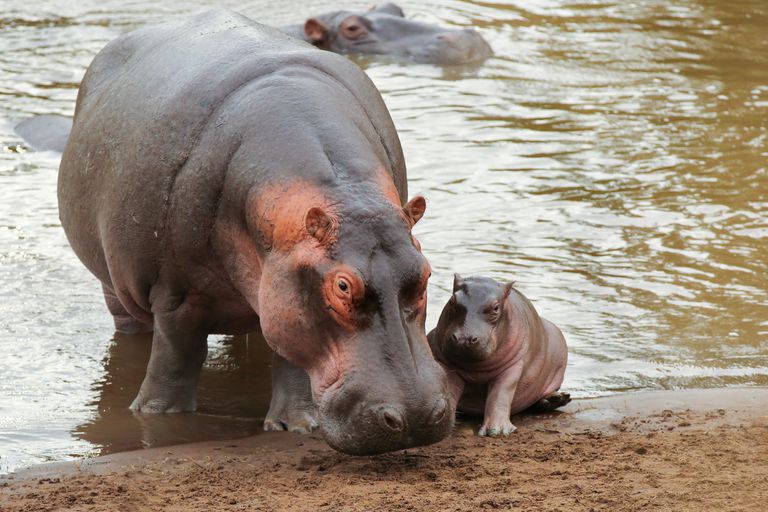
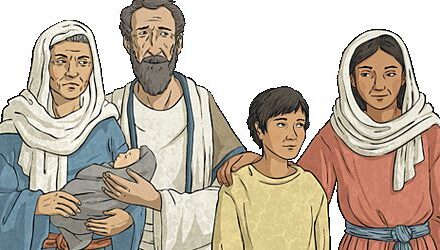
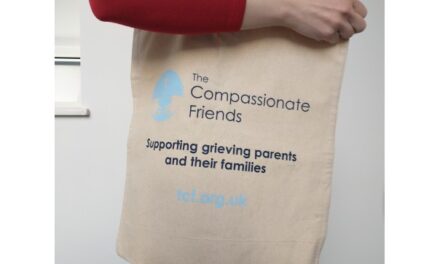
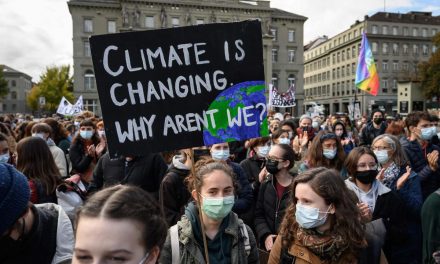
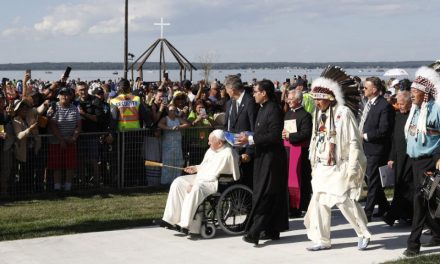
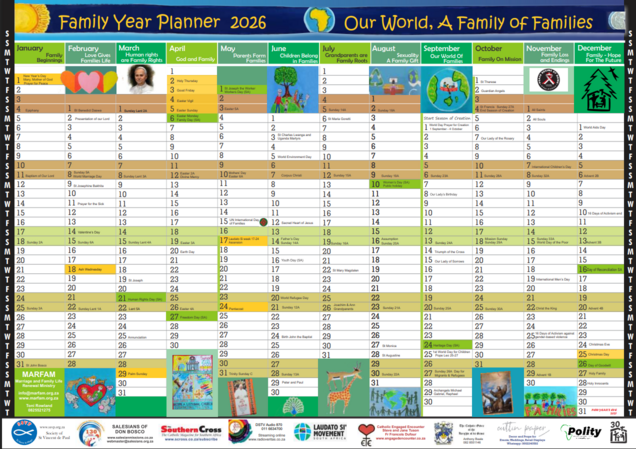
Recent Comments